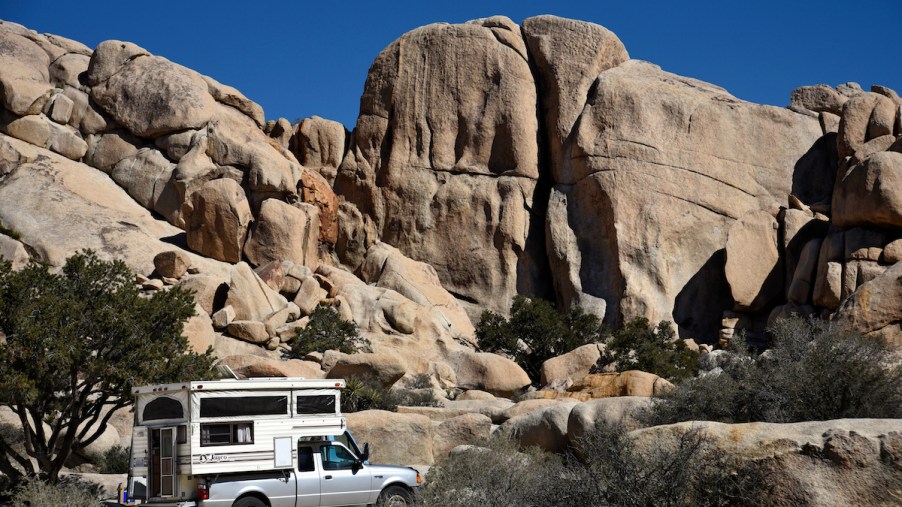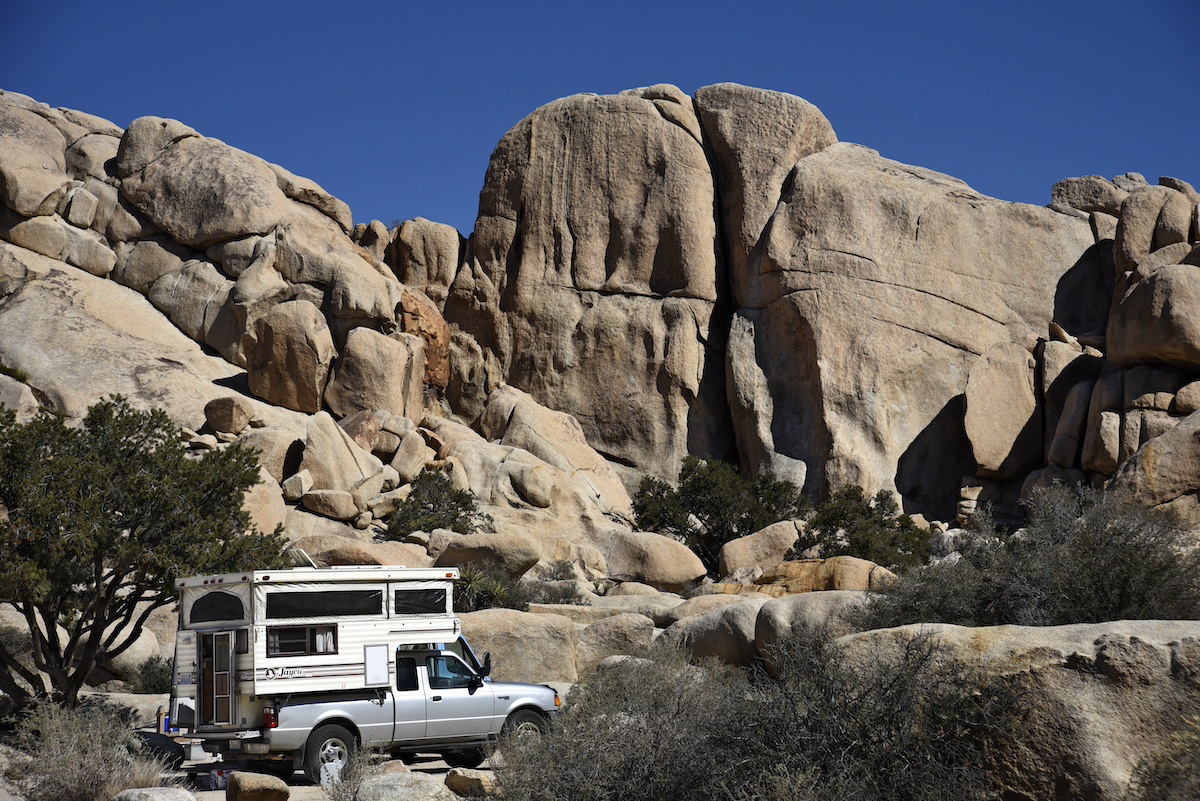
3 Reasons to Avoid a Truck Camper
You feel the itch to get on the road for a dose of freedom and fresh air. There’s nothing like adventuring out in a camper to scratch that itch. But what about a truck camper? It sits atop your pickup truck for a seemingly simple way to camp. But truck campers aren’t as uncomplicated as you might think. Before you splurge on a truck camper, consider the following three reasons to avoid one.
1. Your pickup might not be big enough

Assuming you already have a truck, you need to determine if it’s large enough to hold a camper. Getaway Couple warns that you need a heavy-duty pickup to carry a camper safely. And large trucks can be expensive.
The difference between a traditional camper and a truck camper is where the camper is located. Campers trail behind, and truck campers ride atop the truck bed. So, when buying an RV, you consider the weight of your truck’s towing capacity. On the other hand, Truck campers must fall within your truck’s payload capacity. The payload is how much your truck can safely carry in the bed.
The size of the camper you have your sights on will determine the pickup you need. Most truck campers weigh upward of 2,000 pounds and some as much as 4,000 pounds. Bigger models require a truck like the Ford F-450, and those heavy-duty pickups start at $50,000.
2. Truck campers are not easy to operate alone
Truck campers are unique because you don’t hitch them to the back of your truck. You have to load the entire camper onto your pickup’s bed.
What if you need to remove the camper from your truck while camping? That is no small task, even with a partner. It is incredibly difficult when operating solo. Truck campers, by their nature, can’t hold many people. That means you already don’t have much help with loading and unloading.
Some luxury truck campers have jack systems that allow one person to do the work, but they come at a premium.
3. Going to the bathroom might be impossible
According to Drivin’ & Vibin’, most truck campers do not have full bathrooms. Some have a cassette toilet, and some offer a wet bath. You can make do with those types of facilities, but having a fully functional bathroom where you can actually move around makes life much easier on the road.
In truck campers with a bathroom or sink, expect the holding tank to still be small. A small tank means more trips to empty it, which can be inconvenient when you have places to go.
You could outfit your truck camper with a composting toilet to help extend the time between dumping tanks.
But truck campers have their benefits
Don’t let the above reasons to avoid truck campers scare you off completely. Using a truck camper has its benefits too. For instance:
- Your truck can fit in a regular parking spot: As long as you take into account your vehicle’s width, height, and length with the camper attached, you can park just about anywhere. You don’t need to worry about taking up too much space.
- Truck campers are perfect for solo travelers or couples: It’s easier to travel lightly by yourself or with your partner by using a truck camper. You can access remote campsites, enjoy winding highways, and have the perfect amount of shelter for you and someone else.
- Everything you need is in the bed of your truck: Truck campers are convenient. You can place everything you need right there in the bed of your truck. Some models even offer bathrooms, showers, washer/dryer combos, and electric fireplaces.
So, before you purchase a truck camper, it’s best to do your research and decide based on your personal needs.


